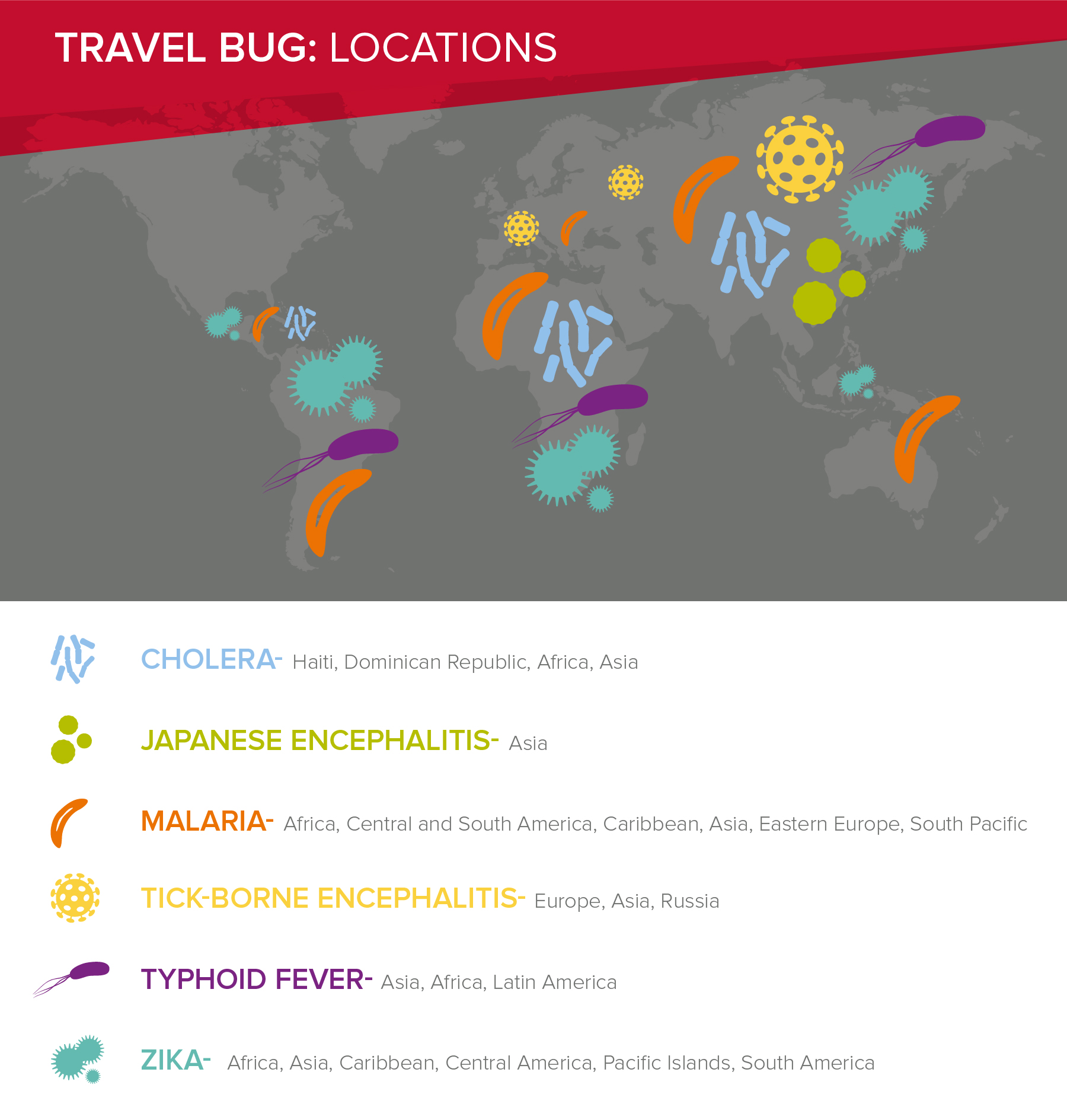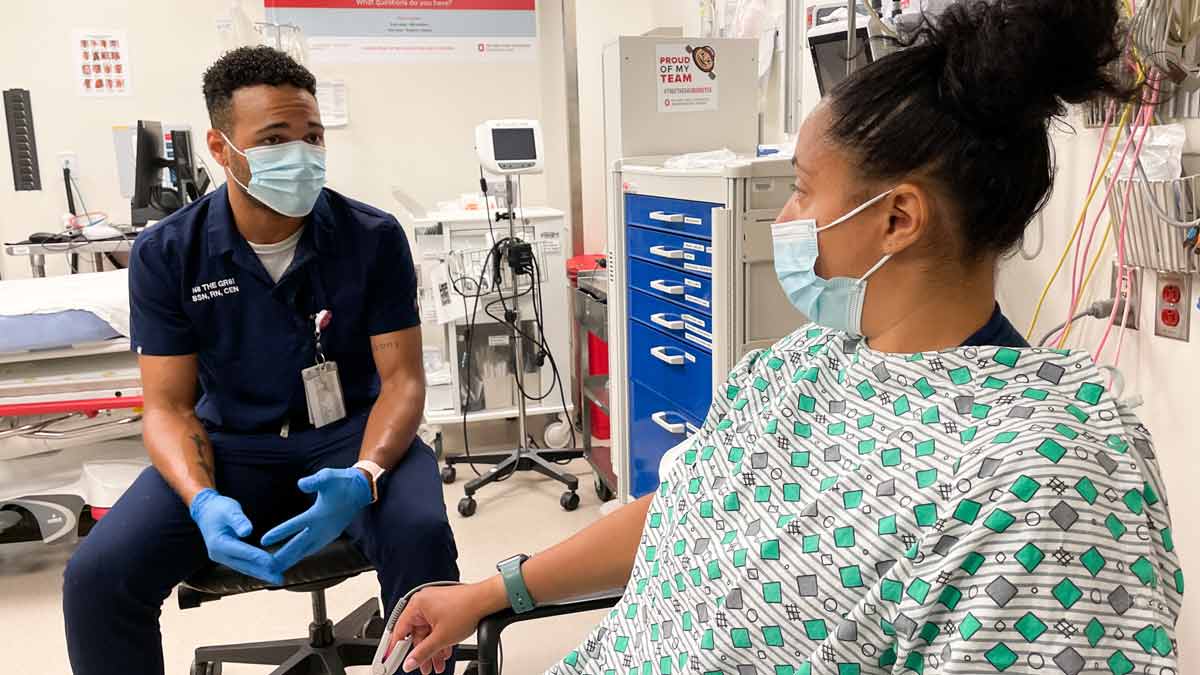Traveling abroad? Learn about recommended vaccines

While scanning photos on Instagram – past a woman holding a Hello Kitty doughnut in the crowded streets of Tokyo, past a man teetering on a cliff in Cape Town, past a pair of feet in the Caribbean Sea – it’s easy to see that more and more Americans, especially millennials, are becoming globetrotters.
As executive director of Ohio State’s Office of Global Health, I can’t help but wonder about our wellbeing as we traverse a world of communal diseases spread by anything and everything, from pesky mosquitoes to poky snails.
Many vaccine-preventable diseases that have become rare in the United States, such as malaria and cholera, are still common in other parts of the world, according to the Centers for Disease Control and Prevention, the Atlanta-based federal agency that investigates, diagnoses and attempts to control and prevent diseases.
If you’re planning to travel abroad, learn about recommended vaccines and medicines you might need to lower your chances of getting and spreading disease. In my experience, the tried-and-true place to get all the prophylaxis information you could ever need is at CDC.gov.
See your healthcare provider at least four to six weeks before any international travel. You may need this much time to complete a vaccine series, and your body needs time to build up immunity.
Learn about vaccine recommendations and requirements for your travel destination.
If your primary care provider doesn’t stock travel vaccines, you may need to visit a travel clinic to get the vaccines you need.
Check if your destination requires proof of a yellow fever vaccine. Only a registered provider can offer it, and you must get it at least 10 days before travel. You’ll need a stamped vaccine certificate, which you can get at a yellow fever vaccination clinic.
Also, remember to take care of yourself while you travel. A vacation doesn’t mean a hiatus from health maintenance or tending to any preexisting health conditions. The No. 1 reason travelers become ill is an exacerbation of a preexisting chronic disease. Check your health plan and consider purchasing additional coverage for medical care overseas and medical evacuation in the case of an emergency.
Vaccination is the first step toward staying healthy while traveling.
Here are other important ways to avoid illness, according to the CDC:
- Be careful what you eat and drink. Eat food that’s been thoroughly cooked or is dry or packaged. Drink bottled water. Follow these food and water safety tips.
- Bugs, including mosquitoes, ticks and some flies, can spread a number of diseases. Use insect repellent and avoid bug bites.
- Wash your hands often with soap and water or alcohol-based hand sanitizer. Don’t touch animals, especially monkeys, dogs and birds.
Make sure you’re up to date on routine vaccines before every trip. They include measles-mumps-rubella (MMR) vaccine, diphtheria-tetanus-pertussis vaccine, varicella (chickenpox) vaccine, polio vaccine and your yearly flu shot. Here’s a full list of recommended routine vaccines in the United States.




